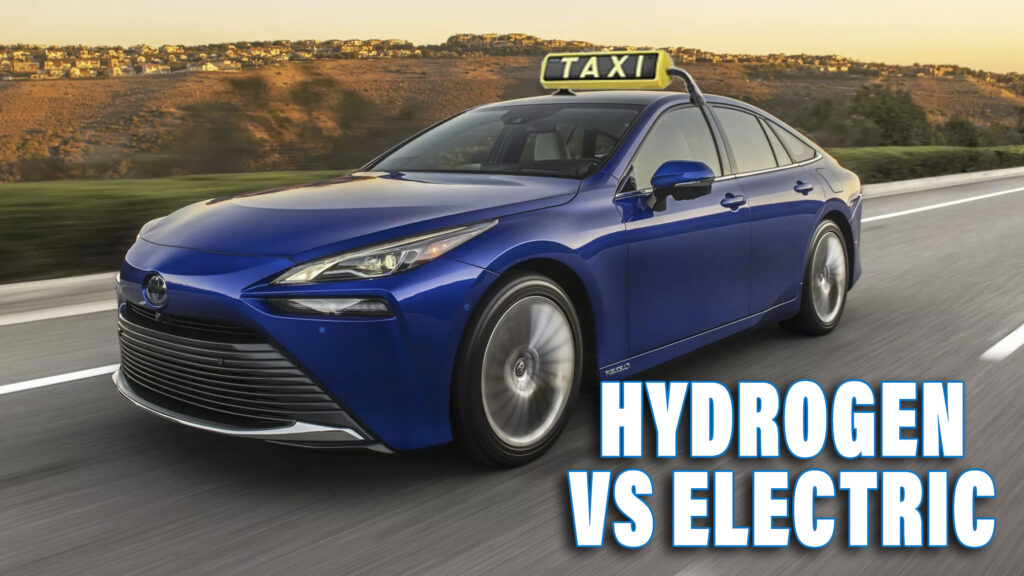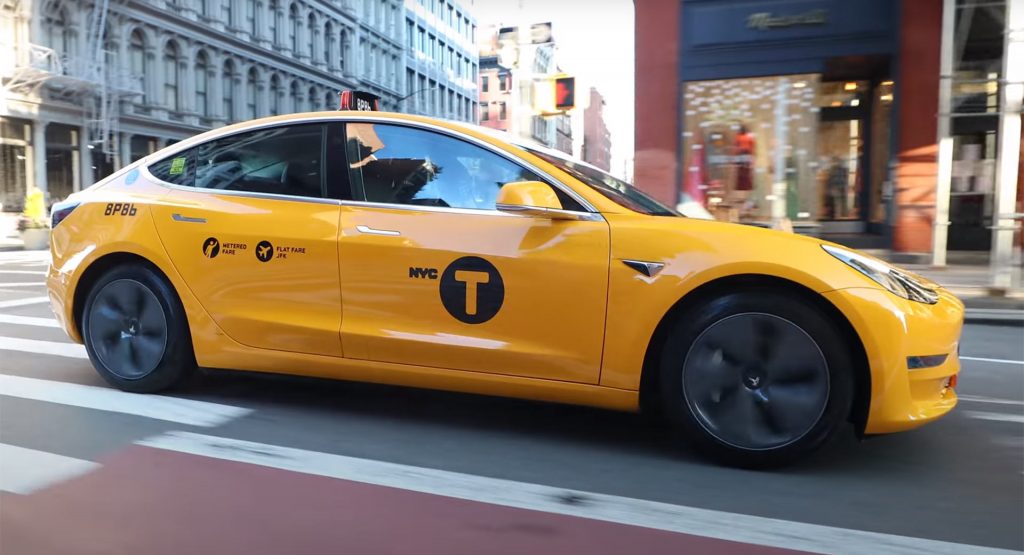High costs, a lack of infrastructure, and slow adoption means that hydrogen-powered taxis may not be viable for much longer for one Japanese firm
4 hours ago
 –>
–> 
–>
Whether it be the GR Yaris piloted by Rowan Atkinson at Goodwood or James May’s Mirai, Toyota isn’t ready to let its hydrogen dream die. But to say that not everyone’s convinced of the alternative fuel’s potential would be an understatement. And, despite Japan being one of the first nations to have its own hydrogen strategy, the extent of the benefits that the tech could lend at home is yet to be realized.
Take the MK West Group taxi company, operating out of Kobe, Japan. Speaking to Bloomberg, Group President Yoshiaki Aoki is apprehensive about hydrogen-powered Fuel Cell Electric Vehicles (FCEVs). “You’d have to be crazy to buy an FCEV, even considering the environmental angle. And customers aren’t prepared to pay extra money because the taxi they’re using is good for the environment,” says Aoki.
The taxi mogul speaks from experience. His fleet includes two Toyota Mirai FCEVs, while the majority of cars in service are hybrid Camrys, Crowns, Alphards, and Lexus models. And while the Mirai FCEVs offer a massive benefit in being refueled in a couple of minutes versus the long wait times for an equivalent EV, they’re still dearer to run compared to the hybrids.
Related: Toyota’s Hydrogen Lunar Cruiser Could Someday Use Moon Ice As Fuel To Prolong Missions
advertisement scroll to continue

If a car was to run 150,000 km (93,205 miles) in a year, Aoki estimates that the hydrogen-powered vehicle would be ¥1 million ($7,100) more expensive over that period. The reasons for the increased costs come down to adoption — or rather, the lack of it. With hydrogen infrastructure still in its infancy, the price at the pump is more than that of a gas-powered car. According to Yoshihiro Ueno, a senior executive manager at Air Liquide in Japan, most hydrogen stations are yet to become profitable — a problem that, again, stems from a lack of demand. Of the 80 million cars on Japanese roads, only 8,000 of them are hydrogen-powered.
It appears to be a chicken-and-egg situation for hydrogen-powered mobility in Japan. And while the disadvantage of the lengthy downtime that an EV taxi would undergo is still a concern, Aoki is seriously considering swapping more of his cars for EVs.
But Aoki hasn’t entirely written off hydrogen playing a part in MK West’s story just yet. With the launch of the new FCEV Crown later this year, he hopes the Japanese public embraces hydrogen. If so, Aoki believes that this new fuel’s infrastructure would be “built in no time.” However, whether it happens fast enough to allow hydrogen-powered taxis to be cost-effective remains to be seen.


 <!–
<!– –>
–> 